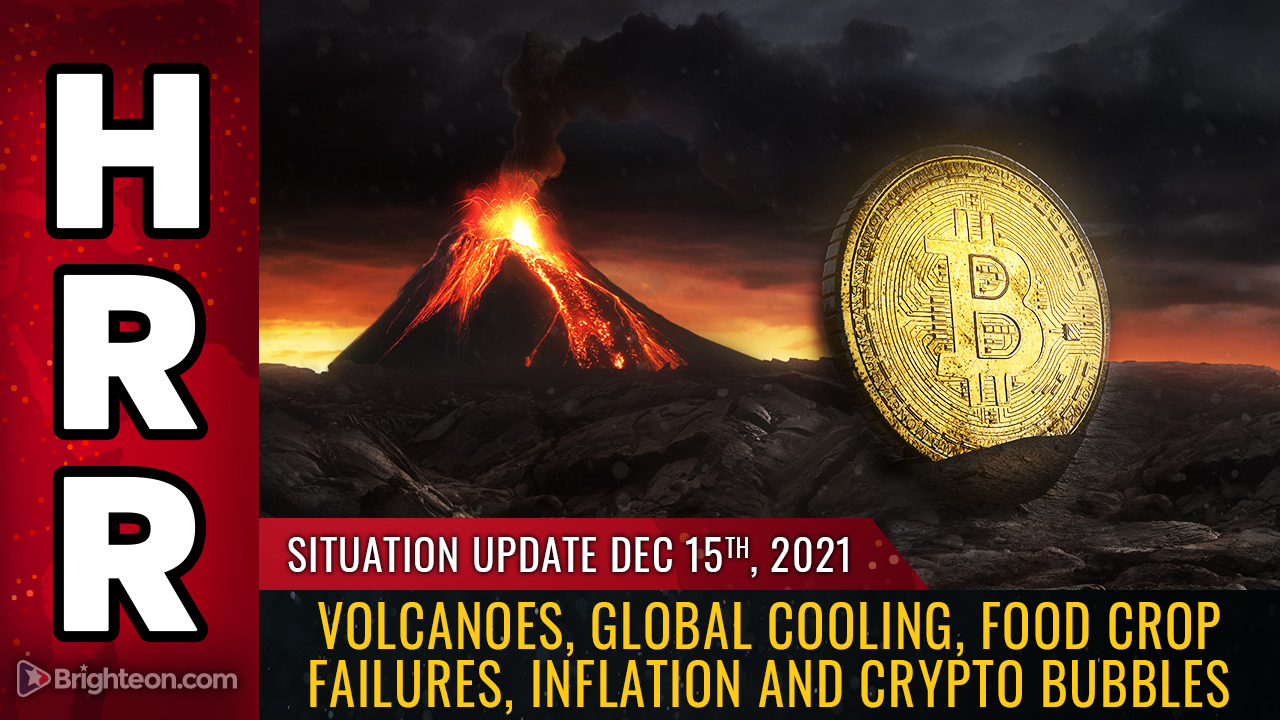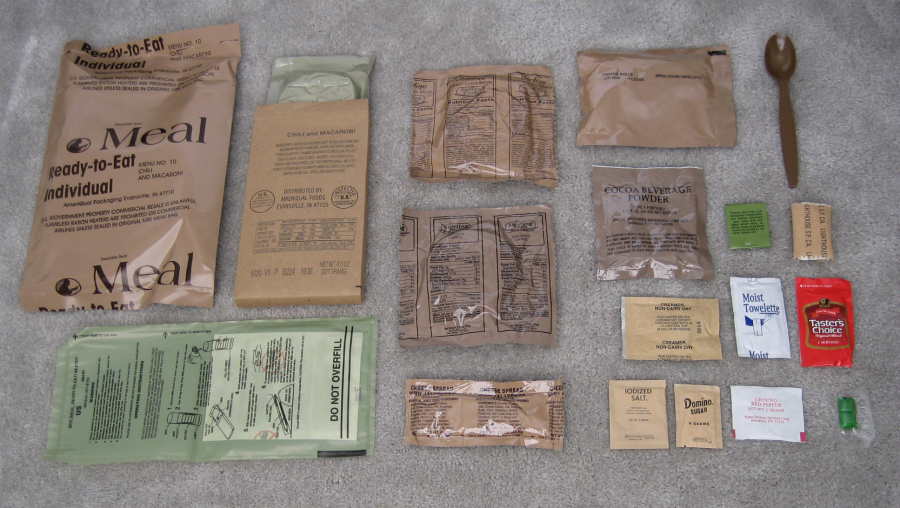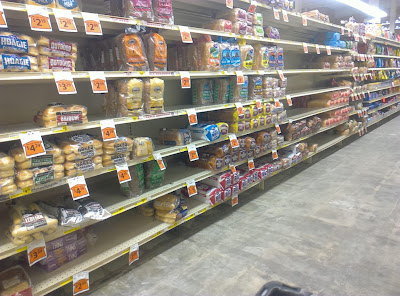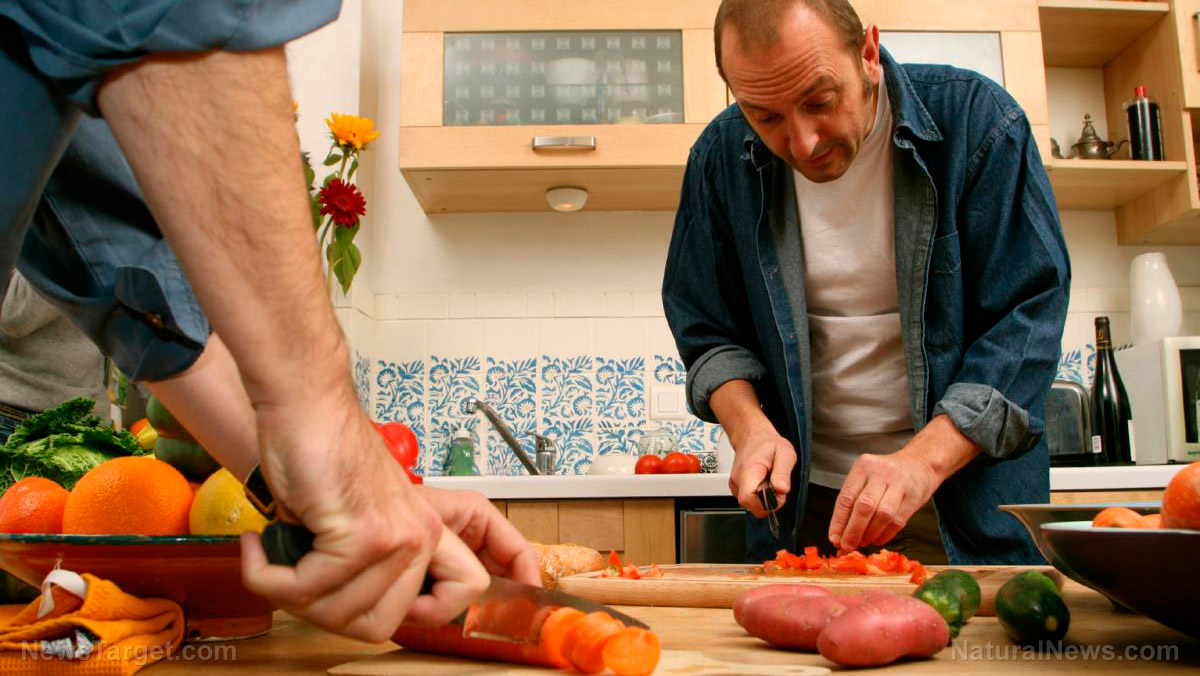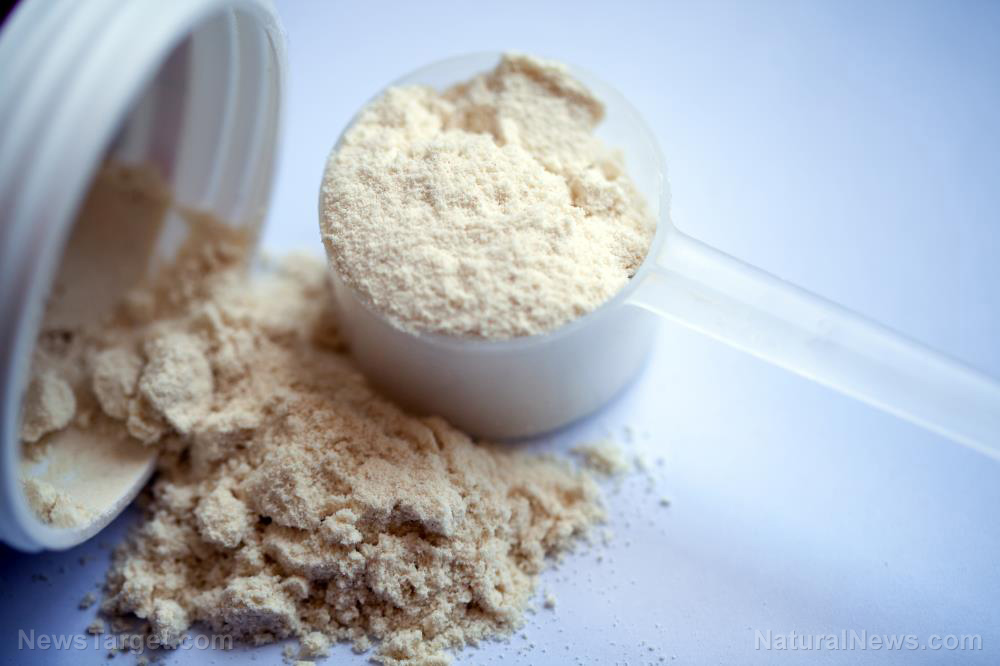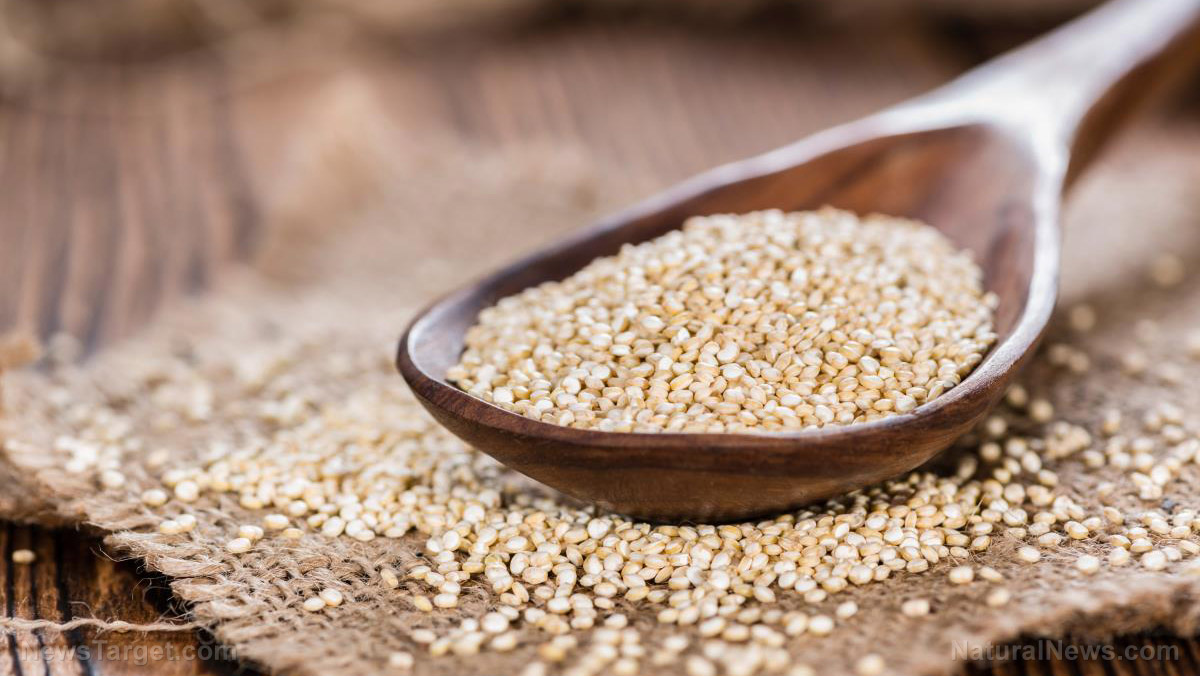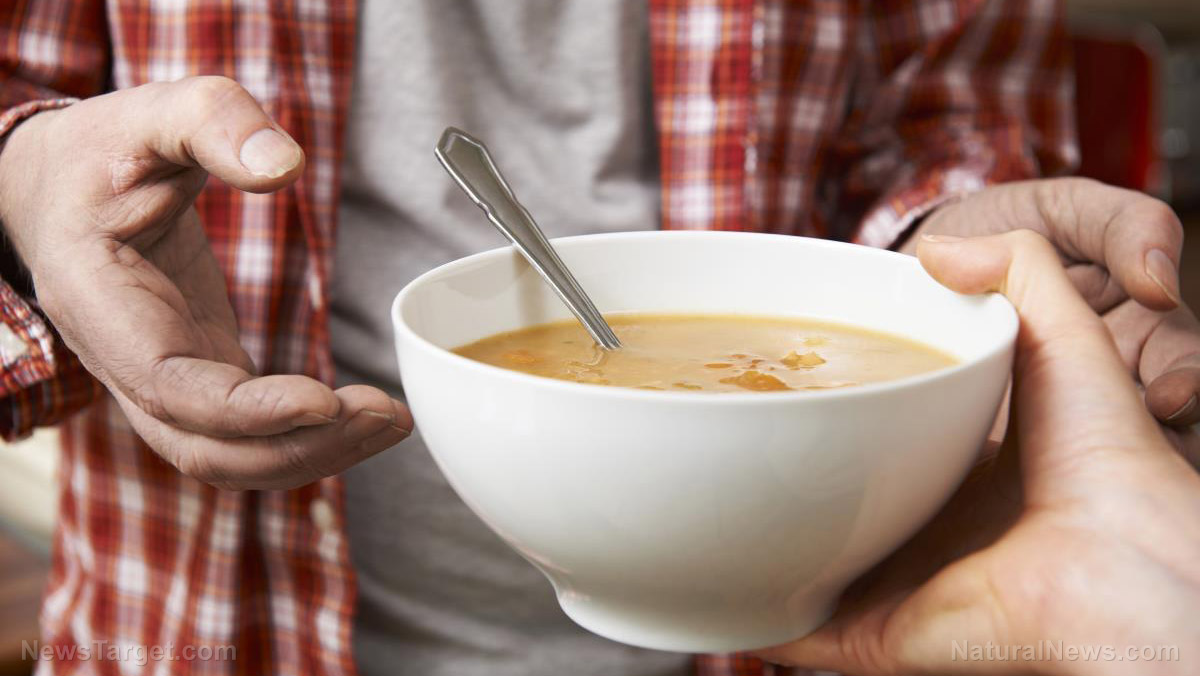Supply chain issues plaguing U.K., food shortages worsening
09/22/2021 / By Ethan Huff
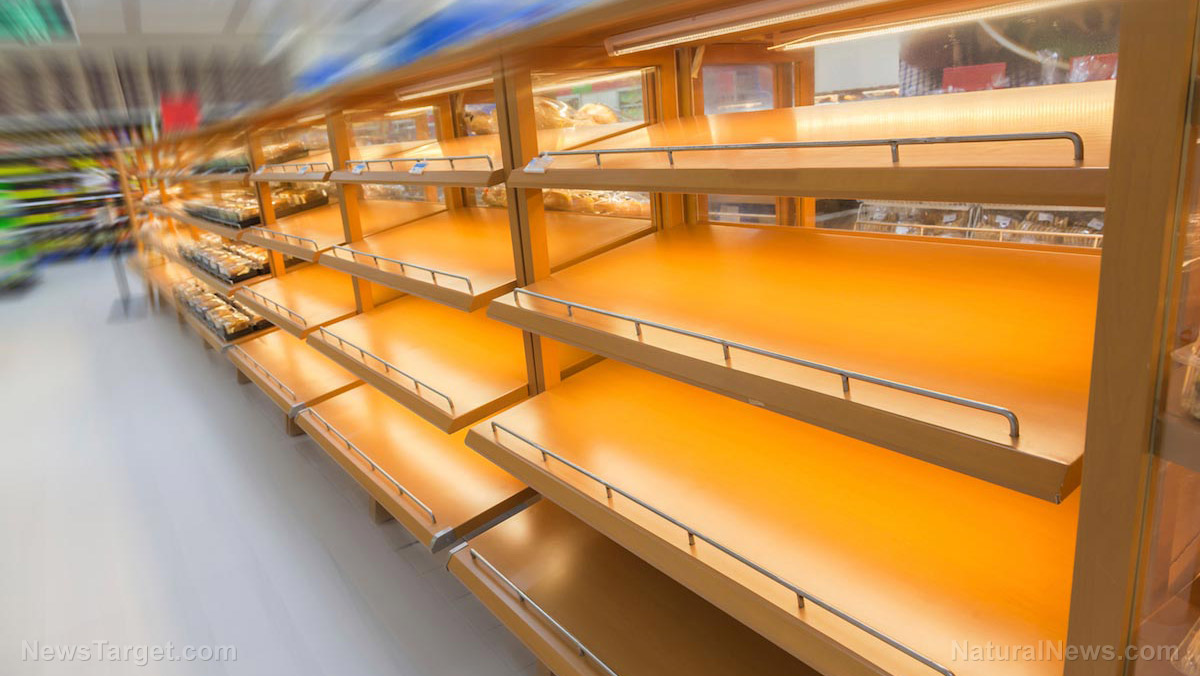
Increasing energy costs are driving food prices through the roof in the United Kingdom, where factories are reportedly shutting down as grocery store shelves run bare.
Unless the government changes course, things will only get worse, experts say. And so-called “green” policies are to blame, as is fiat currency inflation, both of which are creating a supply chain disaster.
Commercial production of carbon dioxide has been “shut down,” according to reports, and there are now emergency talks being had between government officials, food producers, retailers, and the energy industry.
There is much talk about an unprecedented “black swan event” occurring, which could deliver a death blow to the already unstable situation.
Two fertilizer plants in northern England are now closed, as are numerous others across Europe. This has left the food and drink industry without the carbon dioxide it needs to produce and transport a range of food products, including meat, bread, beer and fizzy drinks.
“The meat industry estimates that businesses can carry on for less than two weeks before carbon dioxide stocks run out,” reports warn.
Is there more to the story than just an “energy crisis?”
According to numerous energy regulator heads, the situation is not as dire as some are making it out to be. They claim that Great Britain “has a diverse range of gas supply sources with sufficient capacity to more than meet demand,” which will avert a crisis this upcoming winter.
Others are not so sure, though. Nick Allen, head of the British Meat Processors Association, accused government leaders of doing nothing when a similar situation arose back in 2018, sparking fears that beer would run out during the World Cup that year.
“We had a crisis around CO2 in 2018. The government was aware this was a critical part of the supply chain and there don’t seem to have been any lessons learned,” Allen told BBC News.
Contingency plans are already in the works, supposedly, but because the situation is similar in the United States and elsewhere due to the Wuhan coronavirus (Covid-19), the issue could be more global in nature than many people realize.
“Clearly the potential shortage of CO2 across the food industry places added burden on an already stressed supply chain,” added Steve Rowe, the chief executive of company called M&S.
“Meat and poultry suppliers are calling for urgent action and intervention by government to ensure continuity of supply and we understand there are potentially wider impacts on other sectors.”
This black swan event is also affecting the agriculture industry, meaning the food supply chain from start to finish is under turmoil. It would appear as though a whole lot more than just an energy crisis is disrupting the status quo, in other words.
Is this the “perfect storm” that a certain ex-president warned us all was coming? Are we witnessing the “great reset” taking place as everything transitions into a “new world order?”
There is certainly more to all of this than the media is letting on. We are witnessing what appears to be the early stages of hyperinflation coupled with a global supply chain breakdown that was all ignited under a global plandemic that shut everything down and created mass chaos.
Now, with that plandemic still going, the situation is spiraling even further past the point of no return, with no end in sight. Will there ever be a recovery, or is this the end of civilization as we know it? Or is it all just “transitory” as the powers that be are claiming, and soon everything will be back to normal?
The latest news stories about the global supply chain collapse can be found at Collapse.news.
Sources for this article include:
Tagged Under: black swan, chaos, CO2, Collapse, COVID, famine, food, food supply, Great Britain, great reset, groceries, new world order, pandemic, shortages, SHTF, starvation, supply chain
RECENT NEWS & ARTICLES
EmergencyFood.News is a fact-based public education website published by Emergency Food News Features, LLC.
All content copyright © 2018 by Emergency Food News Features, LLC.
Contact Us with Tips or Corrections
All trademarks, registered trademarks and servicemarks mentioned on this site are the property of their respective owners.

